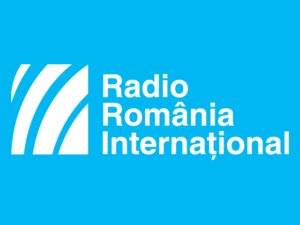The natural gas consumption in the European Union decreased by more than 20% in August, September, October and November this year, compared to the average for the same period from 2017 to 2021, shows data published by the Statistical Office of the European Union (Eurostat). Natural gas consumption has decreased in most Member States, but differently. In 18 countries, gas consumption fell by more than the target of 15%, in some countries even by more than 40%. The most significant decline was registered in Finland (almost 53%), Latvia and Lithuania. Luxembourg, the Netherlands, Romania and Estonia reported decreases of over 30%. Six EU members, even if they have reduced their consumption, have not yet reached the 15% target.
Moreover, natural gas consumption increased in Malta and Slovakia. The objective is a 15% reduction of gas consumption between August 2022 and March 2023, compared to the similar average of the last five consecutive years, in order to stop the dependence of the EU bloc on fossil fuels from Russia and to stop feeding with money Kremlin’s war industry. Between January and July 2022, natural gas consumption in the European Union varied between 1,938 petajoules (PJ) in January, a colder month, and 785 PJ in July, indicating an overall monthly decline even before the 15% reduction target was set. August was the month with the lowest consumption: 708 PJ, compared to the 823 PJ average for the period 2017-2021.
On the other hand, the European energy ministers reached an agreement on Monday on capping the price of natural gas, after several weeks of discussions on a package of emergency measures that have created divisions among member states, in an attempt to respond to the energy crisis. According to documents accessed by Reuters, it was agreed that the capping will be triggered when the quotes at the gas hub in Amsterdam reach 180 Euros per Megawatt-hour (MWh) for three days. The same document shows that the capping could be triggered starting from February 15, 2023 and, initially, it will not apply to ‘over the counter’ type transactions (outside the market).
The European Commission on Tuesday held a round table involving the participation of high-level industry representatives to support activity within the EU Energy Platform towards joint gas procurement, which is scheduled to start in 2023. Attending were representatives of 33 companies from the member states and the contracting parties to the Energy Community. The objective of the Platform is to contribute to the coordination of gas purchases, while using the EU’s negotiating and political power to ensure the supply of energy from reliable partners at sustainable prices for the EU citizens and businesses.
(Eugen Coroianu, Radio Romania International)










